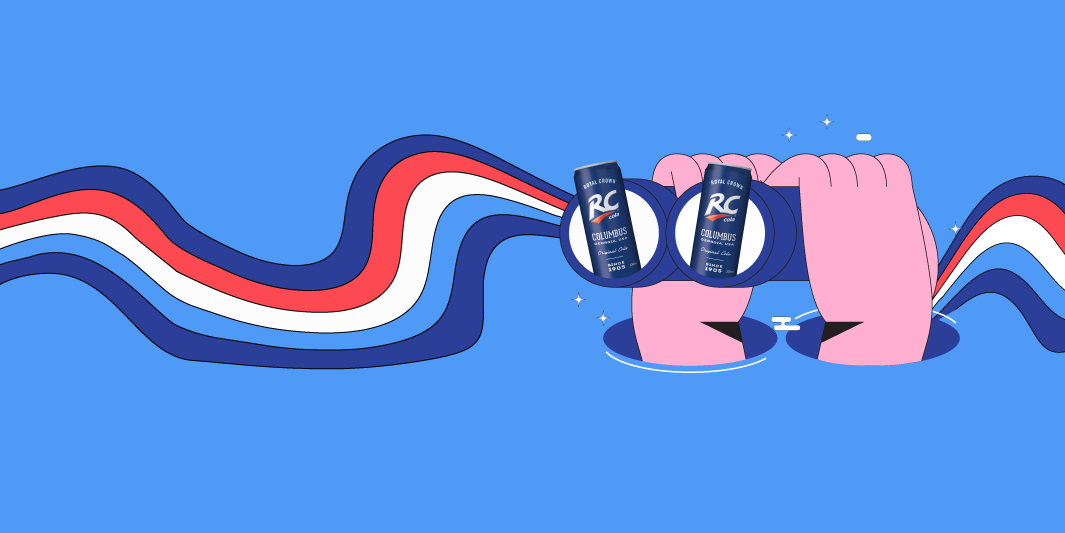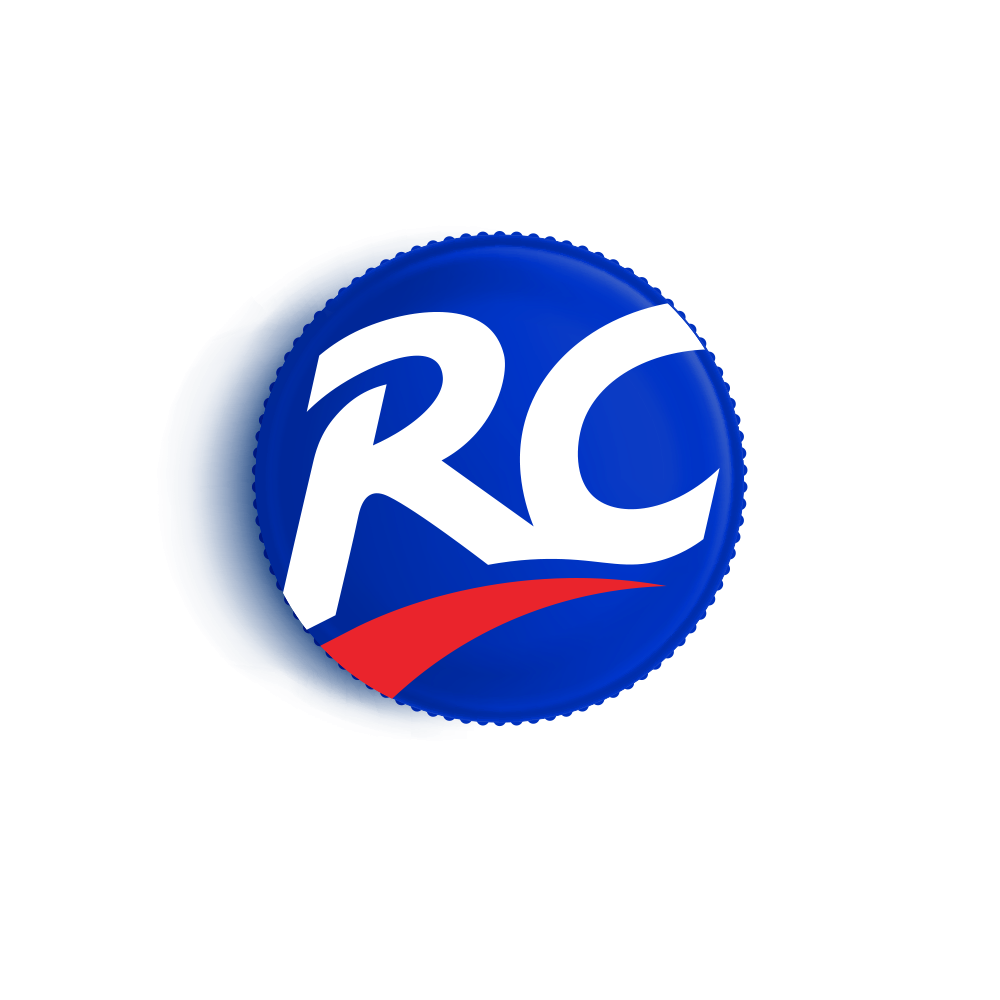Consumers are embracing better-for-you beverage options, including zero sugar drinks. What does that mean for your brand?
The journey of diet soda
Believe it or not, diet sodas are not a recent innovation - they’ve been around for over 100 years! As early as the 1920s, beverage manufacturers offered consumers drinks which used less sugar or contained less calories than traditional sodas.
RC Cola’s zero calorie Diet Rite, introduced in 1958, was originally marketed towards diabetics. The product then expanded to mainstream markets, as more consumers became interested in better-for-you beverages. The trend and popularity towards diet drinks has continued to grow in popularity.
In a post-pandemic world, consumers are now more health-conscious. Beverages that offer benefits such as immune-boosting properties or lower amounts of sugar and calories are continuing to gain in popularity.
“The beverage space has been the market to dive into whether it’s the addition of new functional ingredients or bringing in global flavors, and the natural market and its innovation have been leading the beverage market,” says Haleigh Resetar of wellness-focused data technology company SPINS.
“Many consumers are looking for products that are lower in sugar, without dyes, and containing natural flavors when it comes to their beverages; all being driven by this pursuit of overall health and wellness.”
Download The 5 Beverage Trends Defining 2023
diet soda is shifting towards zero sugar
Considering the overall cultural pivot from diet culture towards health and wellness, the word “diet” may seem outdated and less than ideal from a marketing perspective. “Diet” also has a feminine connotation, which may turn off male consumers.
Male consumers generally show less interest in beverages that incorporate the term ‘diet’ in their name. This type of beverage marketing is also less appealing to Millenials and Gen Z, who have embraced the body positivity movement and may perceive the word “diet” as archaic.
The term “zero sugar” is both gender neutral and feels more health-focused, rather than body-related like the word “diet.” More than half of consumers - 52% - believe that lowering their sugar intake will make them feel healthier, so zero sugar drinks are a natural way to tap into that customer preference.
If you’re considering introducing a zero sugar or reduced sugar drink, it’s critical that you market it as health-focused, rather than as a weight loss tool. A beverage that touts its better-for-you qualities, rather than being marketed as primarily a diet aid, is more attractive to modern consumers.
Sugar prices are rising: can you afford it?
Against the backdrop of global inflation, the costs of many goods are increasing dramatically. Thanks to the rising price of crude oil, sugar prices have spiked. As a result, scores of brands have found themselves exploring less expensive, alternative sweetener options.
Stevia, which is used in RC Cola Neo, is a common sugar substitute that’s derived from the leaves of the stevia plant. Other natural sweeteners including honey, juice, and agave are also growing in popularity.
Beyond reducing the impact of the uptick in sugar prices, offering a zero sugar drink can help make your brand more appealing to your audiences, especially those who are discovering your offerings for the first time.
“Sugar content remains a key influencer for American consumers,” says Carla Saunders, senior marketing manager at multinational food corporation Cargill.
“According to our proprietary research, 62% say they are likely to check the amount of sugar before purchasing a new product, making sugar levels a higher priority than sweetener type or a specific sweetener claim.”
changing government regulations on sugary drinks
Countries around the world are increasingly concerned about their citizens’ sugar intake, and are taking steps to regulate the sales of sugary beverages. This happens in numerous ways, from soda taxes to advertising bans.
In the UK, a small government-regulated increase in the price of soda led to plummeting sales, according to British researchers. Authorities had added a £0.10 levy on beverages with added sugar, and that tiny price bump was enough to convince many consumers to skip their usual sweet drink.
Singapore has launched a series of measures aimed at limiting sugar consumption in the country. By the end of 2023, Singaporean food and beverage sellers will be required to place a label on sweetened drinks, according to a government grading scale that indicates sugar content. Advertisements on drinks whose sugar levels are above the government’s desired range will be banned.
It’s clear that both governments and consumers are pushing zero sugar drinks as a preferred option for beverages. Bottlers need to take steps to ensure that they can keep up with this new standard, or risk being left behind.
Download The Top Flavor Beverage Trends For 2022
how can bottlers thrive as a 'zero sugar' approach grows?
To remain competitive, bottlers must examine portfolio diversification as a way to expand their market presence and reach new audiences. Diversification can mean you gain access to new revenue streams, and this can be done by developing new products or bringing back discontinued offerings. New pack formats and SKU expansions also play a critical role in diversifying your portfolio.
Traditional ‘diet’ sodas are focused on providing consumers with a lower-calorie option, but that doesn’t necessarily mean that you must go completely sugar-free. If you cannot offer a zero sugar alternative, then investigate a rebranded better-for-you option that uses less sugar and has lower calorie content - just avoid using the word “diet.”
A better-for-you offering doesn’t necessarily have to mean zero sugar. Consider a beverage with reduced sugar, as it both saves you money on raw materials (considering that the price of sugar continues to rise) and gives you an opportunity to market to more health-conscious consumers.
how rc cola can help
RC Cola has decades of experience guiding bottlers through the portfolio diversification process. We can help you understand your options in terms of developing and offering better-for-you beverages, such as zero sugar or reduced sugar drinks.
Having launched our own diet beverage in the 1950s which is still manufactured today, we can share our real-world experience with you regarding opportunities for your brand.
Get in touch with us today to learn more.




